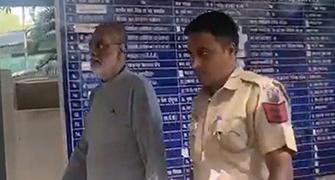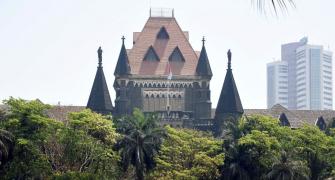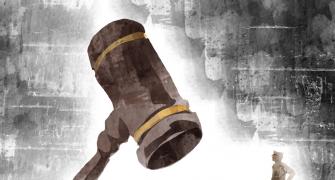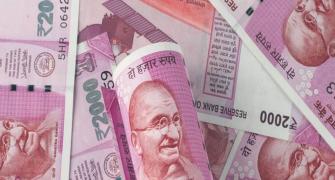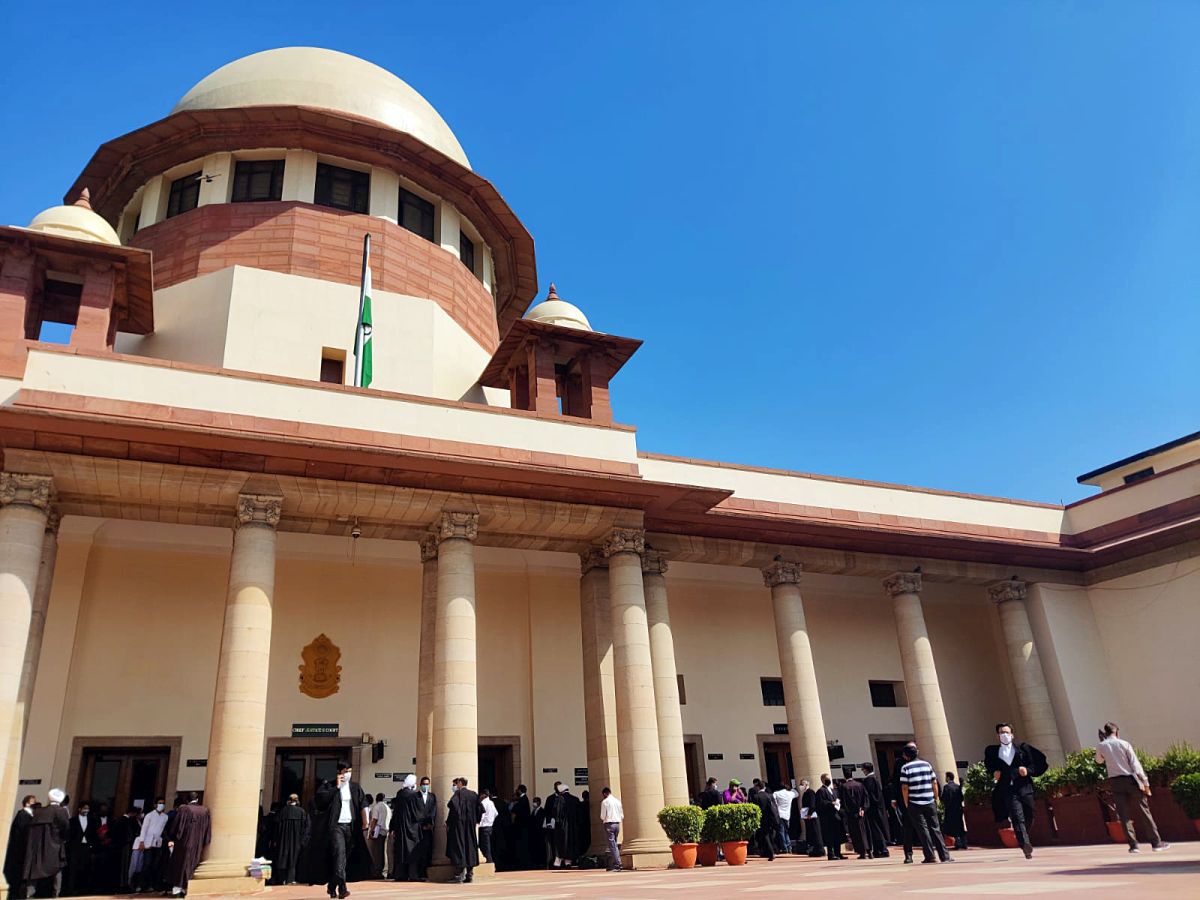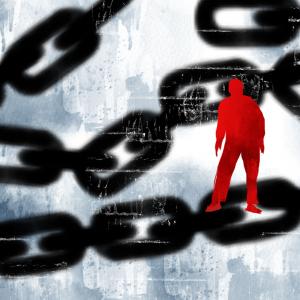Along with the right to speech, the Constitution also provides for the right to remain silent, which can be exercised by individuals if they are arrested, former Supreme Court judge Madan Lokur said on Thursday.
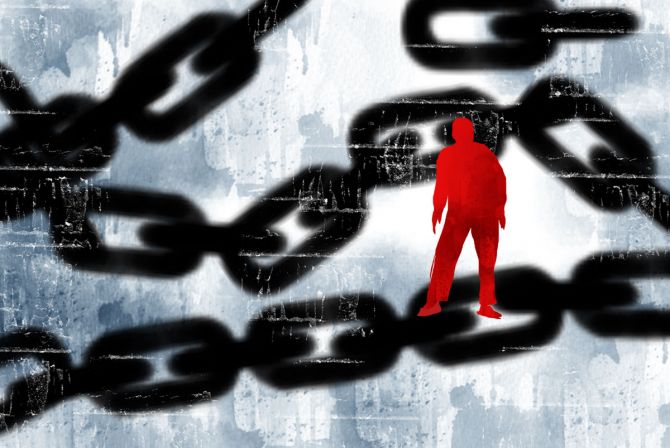
Participating in a discussion on Freedom of Expression in Today's India along with portal NewsClick's founding editor Prabir Purkayastha at the Press Club of India, Justice (retired) Lokur said all fundamental rights are interlinked and a variety of ways are being used to curb freedom of speech.
He said the Constitution provides for the right to silence, which means an individual can refuse to answer questions from the police in case of arrest or detention.
"One thing that I would like to say is that everybody has the fundamental right to remain silent. It is a right which is not being exercised by persons who are being taken into custody," the former apex court judge observed.
"The Constitution says you have the right to be silent, which means if police ask you a question, you can say 'I will not answer....' What happens in that situation? Every now and then it happens. Police tell the court that the accused is not cooperating and therefore, bail should not be granted."
"But that in my view is a clear violation of Article 20 of the Constitution, where you have the right to remain silent," he said.
Justice Lokur suggested that if someone is arrested, he should remember that he has the right to remain silent because what he says can be used against him.
"That can be the basis for further investigation or the future course of action," he said.
Article 20(3) of the Constitution grants the right against self-incrimination. It says an accused is presumed to be innocent, the prosecution has to prove his guilt beyond reasonable doubt and he cannot be forced to give a statement against his will.
Justice Lokur said freedom of expression is being curbed in a variety of ways in recent times, including arrest or detention of someone expressing dissent, action against those around him, by denying advertisements to media, using social media platforms to take down posts and also, by the use of the defamation law.
Purkayastha, who was released from Tihar Jail on May 15 as the Supreme Court declared his arrest "invalid", compared his recent experience with his arrest during the 1975-77 Emergency and said the people of the country know how to "discipline" their leaders.
He said during the Emergency imposed by the Indira Gandhi regime, radio stations and television channels were owned by the government, which is not the case now.
"After 19 months, Mrs Gandhi declared an election.... Indian people know how to discipline leaders. Mrs Gandhi did not impose Emergency again...," Purkayastha said.
"People know how to change leaders and that is how democracy survives. It is a spirit with which we are seeing the rebirth of resistance of a different kind," he added.
Purkayastha also expressed solidarity with those who continue to languish in jails.
"Everyone has the responsibility to see that democracy, democratic spirit and justice are preserved," he said.
The Delhi police's special cell arrested Purkayastha on October 3 last year under anti-terror law Unlawful Activities (Prevention) Act for allegedly receiving money to spread "pro-China propaganda" through his portal.

